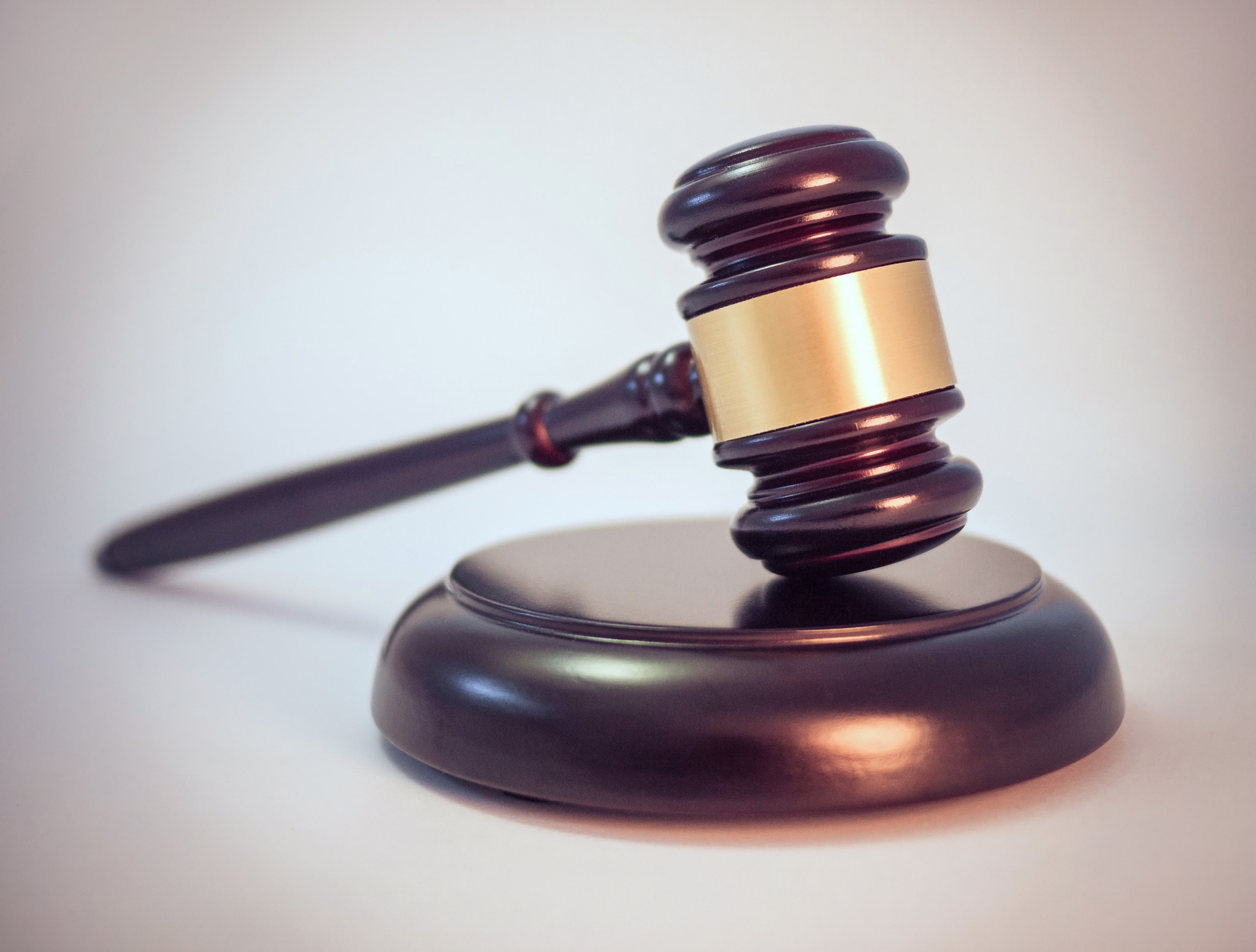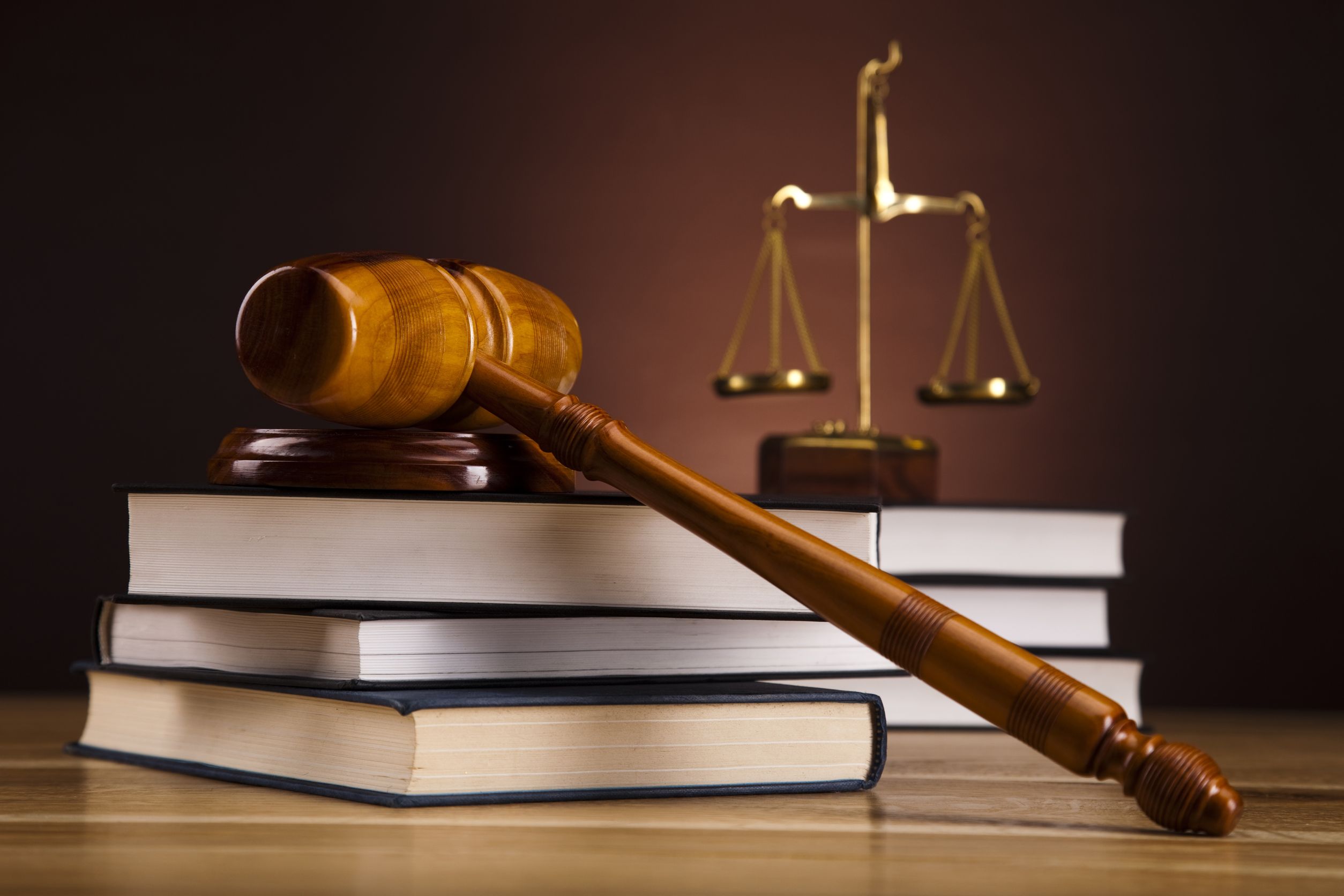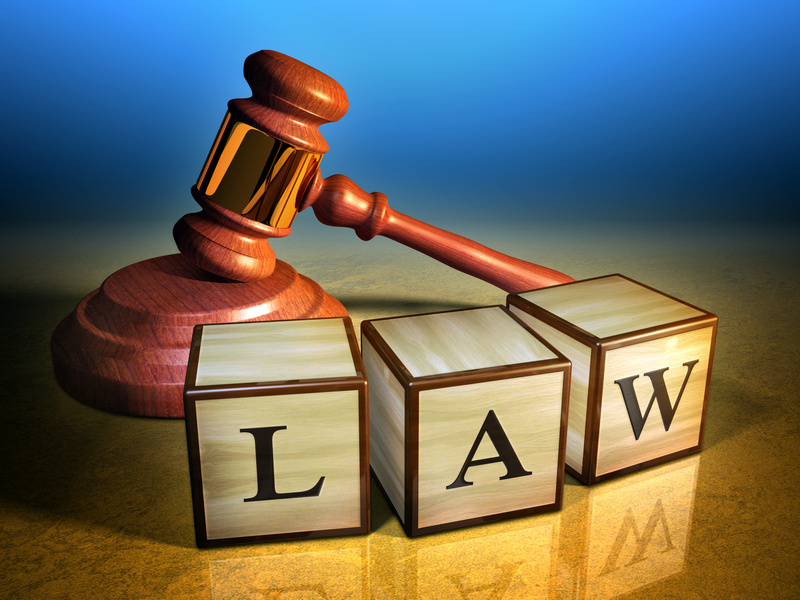Legal Battles And Complaints: Tracking The Fallout

Executive Summary

This article delves into the multifaceted landscape of legal battles and complaints, exploring the processes, strategies, and consequences involved. We’ll examine various types of legal disputes, highlighting key considerations for individuals and businesses facing such challenges. From understanding the initial stages of a complaint to navigating complex litigation, this resource aims to provide a comprehensive overview of the fallout from legal disagreements and offer insights into effective management strategies. We’ll analyze five crucial subtopics, offering actionable advice and emphasizing the importance of proactive measures to mitigate risks and minimize potential damage.

Introduction
Navigating the legal system can be a daunting experience, filled with uncertainty and potential financial strain. Whether you’re an individual facing a personal injury claim or a business embroiled in a complex contract dispute, understanding the process and potential ramifications is crucial. This article serves as a guide, providing a framework for comprehending the complexities of legal battles and complaints, from the initial stages of a dispute to the potential outcomes and their lasting impact. It aims to equip readers with the knowledge needed to make informed decisions and navigate this challenging terrain effectively.
Frequently Asked Questions (FAQ)
- Q: What constitutes a valid legal complaint?
A: A valid legal complaint typically involves a clear statement of the issue, identifying the parties involved, outlining the alleged wrongdoing, and specifying the desired remedy or compensation. It must be filed with the appropriate court or regulatory body and comply with specific procedural rules. Seeking advice from a legal professional is highly recommended to ensure your complaint meets all the necessary requirements.
- Q: How long does a legal battle typically last?
A: The duration of a legal battle varies drastically depending on the complexity of the case, the jurisdiction, and the procedural steps involved. Simple cases may resolve within months, while complex litigation can stretch for years. Factors influencing the timeframe include the amount of evidence, the number of parties involved, and any appeals processes.
- Q: What are the potential costs associated with legal battles?
A: The financial implications of legal battles can be substantial, encompassing attorney fees, court costs, expert witness fees, and other expenses. The costs can quickly escalate, particularly in lengthy or complex cases. It’s crucial to consider these costs upfront and explore options like legal aid or insurance coverage to mitigate financial risks.
Understanding the Complaint Process
The initial stages of a legal battle often involve filing a formal complaint. This process varies based on the nature of the dispute and the relevant jurisdiction. The complaint should clearly articulate the grievance, identify the involved parties, and specify the desired outcome. Careful documentation and evidence gathering are crucial at this stage. Failing to present a well-defined complaint can significantly weaken your case and delay resolution.
- Clearly Articulate Your Grievance: A well-written complaint leaves no room for misinterpretation. Be specific and provide concrete examples to support your claims.
- Identify All Parties Involved: Ensure all relevant individuals or entities are named correctly and accurately.
- Gather and Document Evidence: Collect all relevant supporting documents, such as contracts, emails, or witness statements. This evidence forms the foundation of your case.
- Follow Procedural Rules: Adhere to all applicable rules and deadlines to prevent your complaint from being dismissed.
- Consider Mediation or Arbitration: Exploring alternative dispute resolution (ADR) methods can often provide a faster and less expensive way to resolve the issue.
- Seek Legal Counsel: Consulting with an attorney is strongly advised to ensure your complaint is legally sound and compliant.
Navigating Litigation
Litigation refers to the formal process of resolving disputes through the court system. This can involve a series of steps, including pleadings, discovery, motions, trial, and potentially appeals. Each stage presents its own set of challenges and requires strategic planning and careful execution. Understanding the intricacies of the litigation process is crucial for effective case management.
- Pleadings: Carefully crafting your pleadings (complaints, answers, and counterclaims) is paramount. Ensure clarity, accuracy, and completeness.
- Discovery: This phase involves gathering information from opposing parties through interrogatories, depositions, and document requests. Strategic preparation is key.
- Motions: Filing appropriate motions (e.g., for summary judgment) can streamline the process and potentially resolve the dispute before trial.
- Trial Preparation: Thorough preparation is essential for a successful trial, including witness preparation, evidence presentation, and strategic legal arguments.
- Appeals: If the outcome of the trial is unsatisfactory, you might have grounds to appeal the decision to a higher court.
- Settlement Negotiations: Be prepared to engage in settlement negotiations throughout the litigation process to explore potential resolutions outside of trial.
The Role of Evidence and Documentation
Evidence plays a crucial role in determining the outcome of a legal battle. Strong evidence can strengthen your case considerably, while a lack of evidence can weaken or even destroy it. This emphasizes the importance of meticulous record-keeping and documentation throughout any potential dispute. From contracts and emails to witness testimonies and financial records, every piece of evidence should be carefully preserved and presented strategically.
- Preservation of Evidence: Ensure that all relevant documents and evidence are preserved appropriately, protecting them from loss or damage.
- Chain of Custody: Maintain a detailed record of the handling and transfer of evidence to ensure its authenticity.
- Relevance and Admissibility: Focus on evidence that is relevant to the case and admissible in court.
- Expert Witnesses: In some cases, utilizing expert witnesses can significantly enhance your case by providing specialized knowledge and analysis.
- Authenticity and Credibility: Establish the authenticity and credibility of your evidence to bolster its persuasive power.
- Strategic Presentation: Present your evidence in a clear, concise, and persuasive manner to maximize its impact.
Understanding Legal Representation
Having competent legal representation is crucial in any legal battle. A skilled attorney can guide you through the complex legal procedures, protect your rights, and advocate effectively on your behalf. Choosing the right attorney is a significant decision, requiring careful consideration of their expertise, experience, and communication style. Establishing a strong attorney-client relationship built on trust and open communication is essential for a successful outcome.
- Choosing the Right Attorney: Thoroughly research potential attorneys and select someone with the necessary expertise and experience in your specific area of law.
- Attorney-Client Privilege: Understand the importance of attorney-client privilege and how it protects your confidential communications.
- Communication and Collaboration: Maintain open and consistent communication with your attorney throughout the process.
- Fee Arrangements: Clarify the fee structure upfront to avoid surprises and potential financial strain.
- Understanding Legal Strategies: Work closely with your attorney to develop a clear legal strategy.
- Realistic Expectations: Maintain realistic expectations about the potential outcomes of your case.
The Long-Term Impact of Legal Battles
The fallout from legal battles extends far beyond the immediate outcome. The financial implications, reputational damage, and emotional toll can have long-lasting consequences. It is crucial to consider these broader impacts and plan for potential challenges. Proactive measures, such as robust risk management strategies and thorough documentation, can significantly mitigate the long-term negative effects.
- Financial Implications: Legal battles can lead to substantial financial losses, requiring careful financial planning and potential contingency arrangements.
- Reputational Damage: Negative publicity associated with legal disputes can damage your reputation, impacting business relationships and personal standing.
- Emotional Toll: The stress and anxiety associated with legal battles can take a significant emotional toll, potentially impacting mental health and well-being.
- Long-Term Strategic Planning: Consider the long-term ramifications and develop strategies to minimize negative impacts.
- Recovery and Resilience: Develop strategies for personal and professional recovery and resilience in the aftermath of legal battles.
- Preventive Measures: Proactive steps, such as robust contracts and comprehensive risk management, can significantly reduce the likelihood of future disputes.
Conclusion
Navigating the complexities of legal battles and complaints requires a thorough understanding of the processes, strategies, and potential consequences involved. From the initial stages of filing a complaint to the complexities of litigation, each step demands careful planning and strategic execution. By understanding the role of evidence, the importance of legal representation, and the potential long-term impact, individuals and businesses can better equip themselves to face these challenges effectively. Remember that proactive measures, such as robust documentation and risk management strategies, can significantly mitigate potential risks and minimize negative consequences. Seeking competent legal counsel is crucial for navigating this often challenging and unpredictable landscape. The ultimate goal is to achieve a favorable outcome while minimizing the long-term fallout from the legal dispute.
Keyword Tags
Legal Disputes, Complaint Process, Litigation, Legal Representation, Evidence Management
